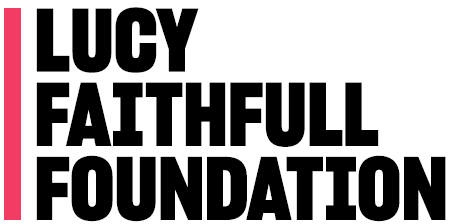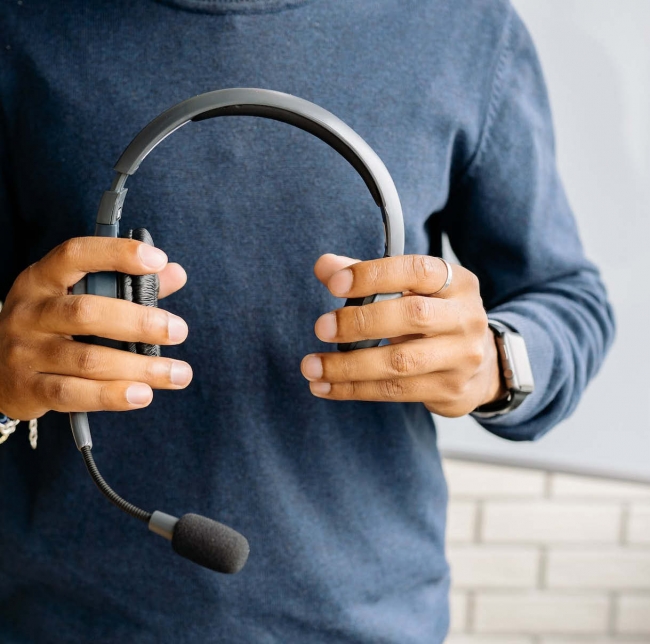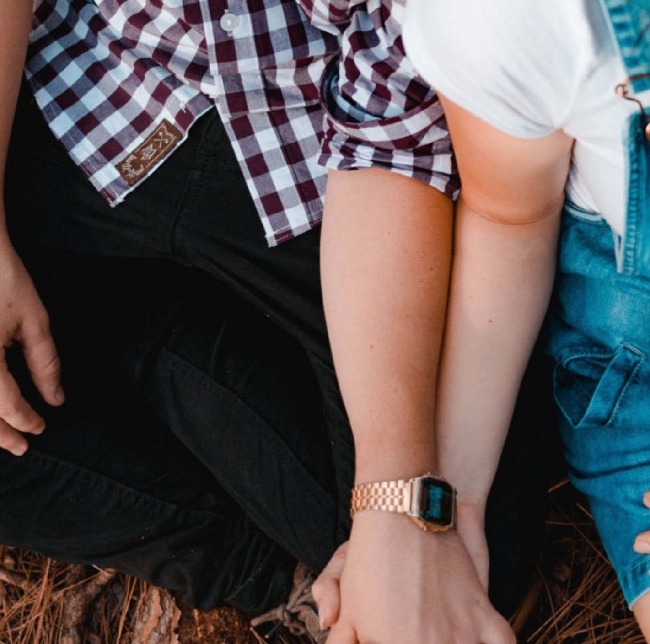What we all need to know to protect children who are at higher risk of harm
We work hard to keep all children safe from sexual abuse. But some children are more at risk of harm than others, including those from LGBTQ+ or ethnic minority backgrounds, or those who have a learning disability.
That’s why Stop It Now! Wales partnered with Ethnic Minorities and Youth Service Team (EYST), Learning Disability Wales (LDW), and Stonewall Cymru to create a series of educational leaflets for parents, carers, and professionals to help keep children safe. These partnerships are funded by the Welsh Government.
Our ‘What we all need to know’ leaflets address the specific risks to each group, and give vital information including how to protect children from abuse, recognising warning signs in both children and adults, and building confidence to speak up.
Our resources also include vital information for parents and carers on preventing harmful sexual behaviour in children and young people as well as what happens during an investigation into their child being sexually abused. Find these guides on our resources and publications page.
What’s the risk?
Child sexual abuse is a huge problem, and it impacts children from all backgrounds, sexualities, gender identities, and abilities.
Around one in six children are sexually abused, however LGBTQ+, ethnic minority, or learning impaired children are at higher risk of harm.
- Children with a learning disability are three times more likely to be sexually abused than those without.
- Research shows that LGBTQ+ young people are more likely to be sexually abused than non-LGBTQ+ young people, and most don’t get the support they need.
- Shame can mean that abuse isn’t talked about or reported, especially in ethnic minority communities.
Why are children from these communities more at risk?
Any child can be sexually abused. People who abuse children come from all backgrounds and walks of life. The stereotypes don’t match reality.
Other factors that might increase the risk to children with a disability:
- having fewer friends or supportive adults than other children
- needing help with daily tasks
- carers and staff might not be able to communicate effectively with the child
- the child or carer might worry that complaints will lead to losing services
- some people might target disabled children because they think they are less likely to be found out.
LGBTQ+ children and young people can be more vulnerable to sexual abuse as:
- someone who is abusive can exploit them by threatening to ‘out’ them
- LGBTQ+ young people might search online for information and visit adult online dating sites
- some non-LGBTQ+ adults abuse LGBTQ+ young people as a form of hate crime, to punish or ‘cure’ them.
Some things that might make ethnic minority children and young people more vulnerable to sexual abuse include:
- sexual education is sometimes a taboo subject and not talked about
- they may be told that disclosing abuse will be damaging to their personal or family reputation within the community.
Ideas to start a conversation with your child
The leaflets give parents, carers, and professionals advice on how to start difficult conversations with children, what to do if they’re worried about a child or if something has already happened.
Here are some conversation ideas to help talk to children about setting age-appropriate boundaries and opening lines of communication:
- pick the right time - bath-time, walking home from school or in the car
- avoid scary words, instead, explain that their body belongs to them and that they can say no if someone tries to touch them in inappropriate areas
- introduce the subject by saying “can I talk to you about this - because it’s important to me”
- approach the conversation in the same way you would teach children how to play with others and explain where it is ok to touch people
- tell them the difference between a “good secret” - like a surprise party - and a “bad secret” - one that you can never tell anyone
Some other ideas for young people include:
- being open and honest – most young people will appreciate their parents being honest about their own experiences and treating them like an adult. Although this might be challenging for adults, it’s important to remember that young people are finding their way in the world
- let them know that it's okay to say ‘no’ and they don’t need to do anything they don’t want to
- if at first, you don’t succeed, it is important to continue trying. Teenagers can be reluctant to talk to their parents about sex but it’s vital they know they can turn to you.
You can find and download the leaflets on the Stop It Now! Wales publications and resources page. They are available in English, Welsh, Bengali, Sorani, Polish, Romanian, Spanish, Portuguese, Arabic, Hindi, Simplified Chinese, Urdu, Farsi, and Somali.
We’ve also made an easy-read version for parents and carers who have a learning disability.
Talk to us if you’re worried about child sexual abuse
If reading through this blog post or a leaflet has prompted a question or concern about child sexual abuse and its prevention, you can talk to us.
Our confidential child sexual abuse prevention helpline (0808 1000 900) is available for anyone with concerns about child sexual abuse. Callers do not need to give identifying information, so can remain anonymous. We speak to thousands of people every year and help them act to protect children and young people from sexual abuse and exploitation. We can also arrange for you to speak to someone in Welsh if you would prefer.
If you’re not ready to speak to someone yet, you can get support from our experienced advisors through our live chat and secure messaging service.
[First published: 15 July 2021]
Sign up for news & updates
Fill in our newsletter form hereTo support our work to protect children, donate today.
Donate today





